I grew up in a peaceful village where birds and people lived together as friends. On thatched roofs, in the hollows of wooden pillars or in the crevices of rotten tiles, flocks of sparrows chirped and built nests. They were not afraid of people. Every morning, they flew down to the yard, picked up fallen rice, and bathed themselves in the golden dust of the morning sun. We children were fascinated by their every little gesture. The way they tilted their heads, scratched their wings, and jumped around was so innocent. The sound of birds became a familiar sound of childhood, the background music for all games, laughter, and even afternoon dreams.
I remember one time, when I was in second or third grade, I climbed a longan tree behind my house to look for a bird’s nest. In my childish curiosity, I thought that seeing bird eggs and boiling them to eat was a miracle. But when I touched the bird’s nest, the lesson in the textbook “Do not destroy bird’s nests” suddenly appeared like a gentle reminder: “Birds have nests/Like we have homes/At night, birds sleep/During the day, birds sing/Birds love their nests/Like we love our homes/Birds without their nests/Birds are sad and do not sing.”
Bird nesting season. Photo: Internet |
I stood there, silent, hesitating on the tree branch. That little lesson, seemingly simple, rang out like a warning. I withdrew my hand, climbed down, my heart confused as if I had just committed something wrong. From that day on, I no longer thought about touching the bird's nest. It seemed that I understood that, although the bird was small, it also had its own sacred world and deserved to be protected. From then on, a strange sympathy for birds was formed in me, an innocent but persistent feeling throughout my adult years.
Then day by day, as time went by, that peace gradually disappeared. People began to use guns to shoot birds, began to set traps. Children were taught by adults how to use slingshots, how to stalk birds. The countryside market appeared with rows of golden grilled birds. The bird cages were cramped, with creatures with wet eyes and long necks stretched out in despair. The chirping gradually became intermittent, weak like a plea that no one listened to. The roofs were also gradually devoid of bird nests.
I remember once almost getting into a fight with a man who brought an air gun into the neighborhood. He aimed straight at a nightingale that was chirping on a branch. I screamed and ran to block in front of him. He snapped, “It’s just a bird!”, then a dry gunshot rang out… Feeling resentful and helpless, all I could do was write poetry: “The nightingale’s voice rings clear on the branches/The blue sky plays a compassionate song/A hundred flowers rejoice with their ivory words/A dry shot of a lead bullet/Oh, bird, my pain is so sharp…”
There was a time when I thought the birds would never return. The countryside was turned into densely populated residential areas, the trees were cut down. Too many people still considered birds a delicacy or something to “keep for fun”. If the birds still sang, it was only from an iron cage, distorted and cramped. Every time I heard it, my heart ached.
Then, a quiet but hopeful change took place. The government began to tighten regulations on protecting wild birds. “No bird hunting” signs appeared in residential areas, tourist areas, mangrove forests, dikes, and fields. Air guns were banned, trappers were fined. The media talked more about biodiversity conservation. But perhaps the most valuable thing was the change in people’s hearts. People began to see bird trapping as cruel. Children were taught to love nature, reminded that little birds also have nests, parents, and precious lives like anyone else.
I began to hear the birds again from the gardens in the small town where I lived. The woodpeckers, the bulbuls, the brown sparrows… sought out the treetops. Once, I saw a pair of birds making a nest in the bougainvillea trellis in front of the porch. They had been carrying trash, straw, and dry leaves for many days, taking care of them like skilled craftsmen. I watched silently, not daring to approach. I was afraid that a loud noise would scare them away and they would abandon their nests. Then I heard the chirping of their young, fragile as a thread of heaven.
The sound of birds returning is not just a natural phenomenon. To me, it is a sign of revival. It is proof that when people know how to stop, repent and correct themselves, nature will forgive. Although it is late, it is never too late.
Every time I pass by the country market, I stop by the place where people used to sell birds for food. Occasionally I still see the roasted storks and teals, but it seems like the cages of sparrows are gone. A shop specializing in bird meat also said: “Few people dare to trap birds anymore. People know how to love them. I am very happy, if there are no people to eat or trap birds, we will just sell something else”…
I looked up at the sky. A flock of sparrows swooped down to the newly harvested field, hopping among the straw. They were like vivid strokes, bringing the village back to life. And in that moment, I understood that we cannot live without the sound of birds. Not because the sound is beautiful, but because it is part of life, of balance, of peace, of memory, and of faith in goodness.
The birdsong returns. Not only in the canopy, but also in people's hearts.
Do Thanh Dong
Source: https://baoquangbinh.vn/van-hoa/202506/khi-tieng-chim-tro-ve-2227349/



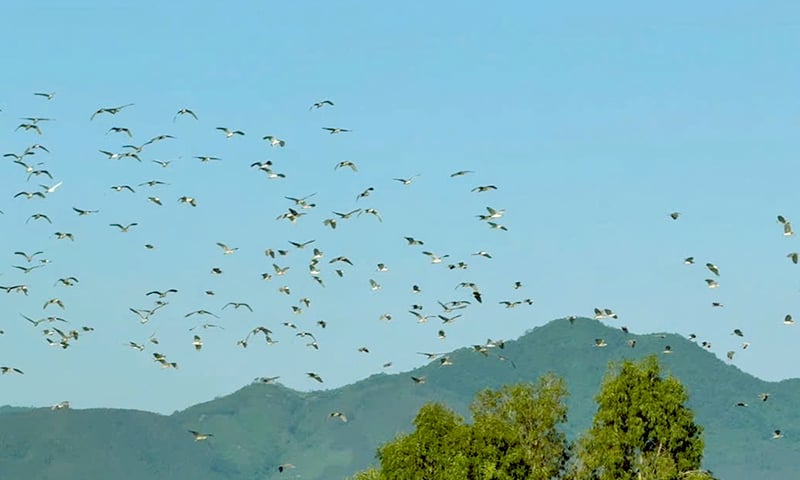




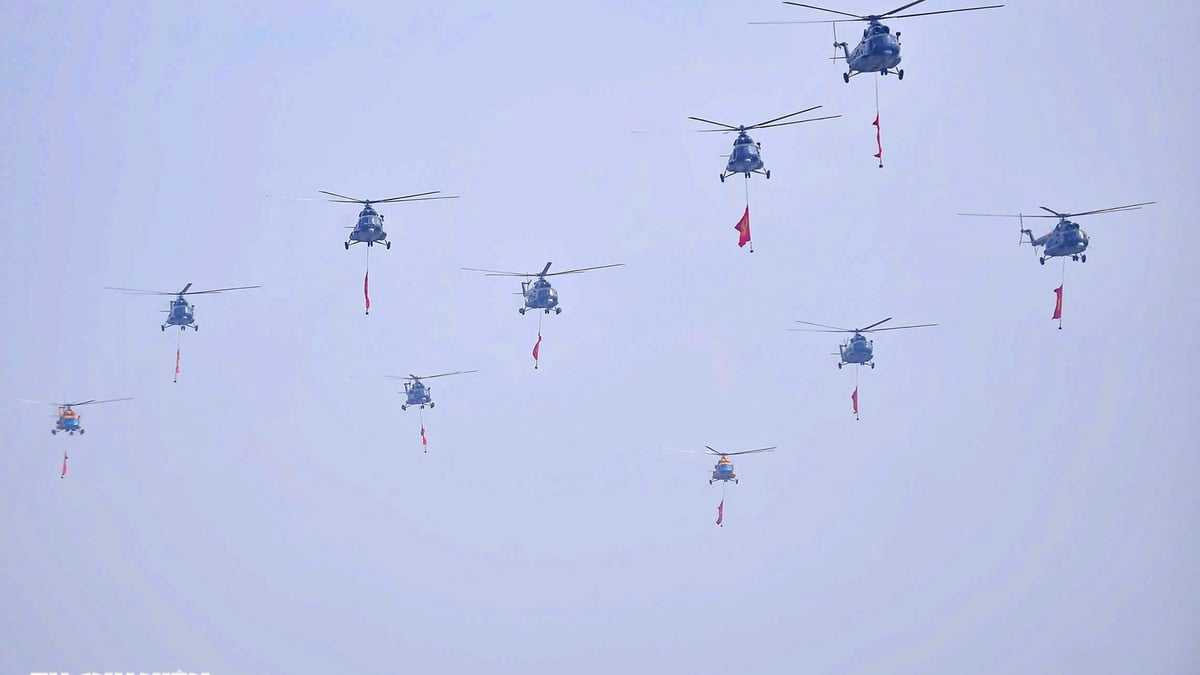



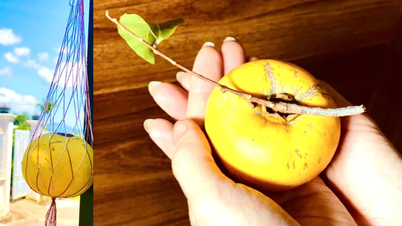



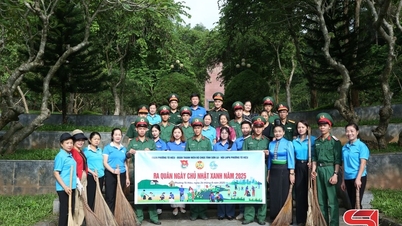


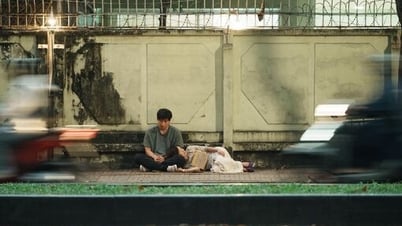








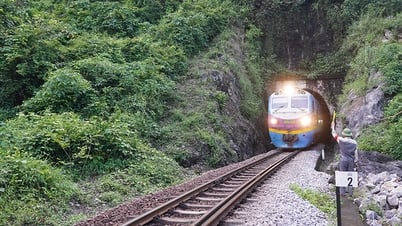



















































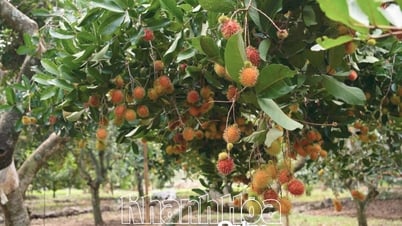

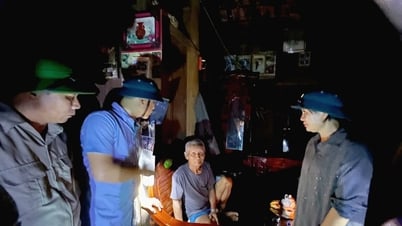



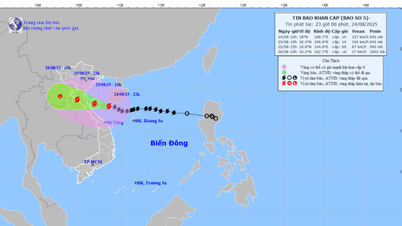














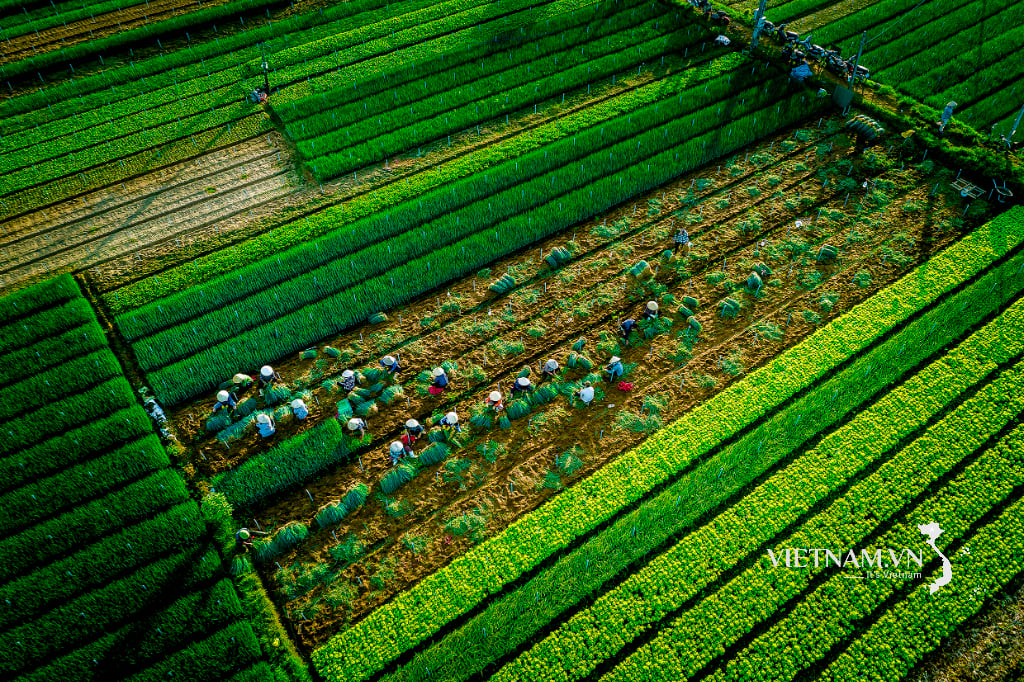
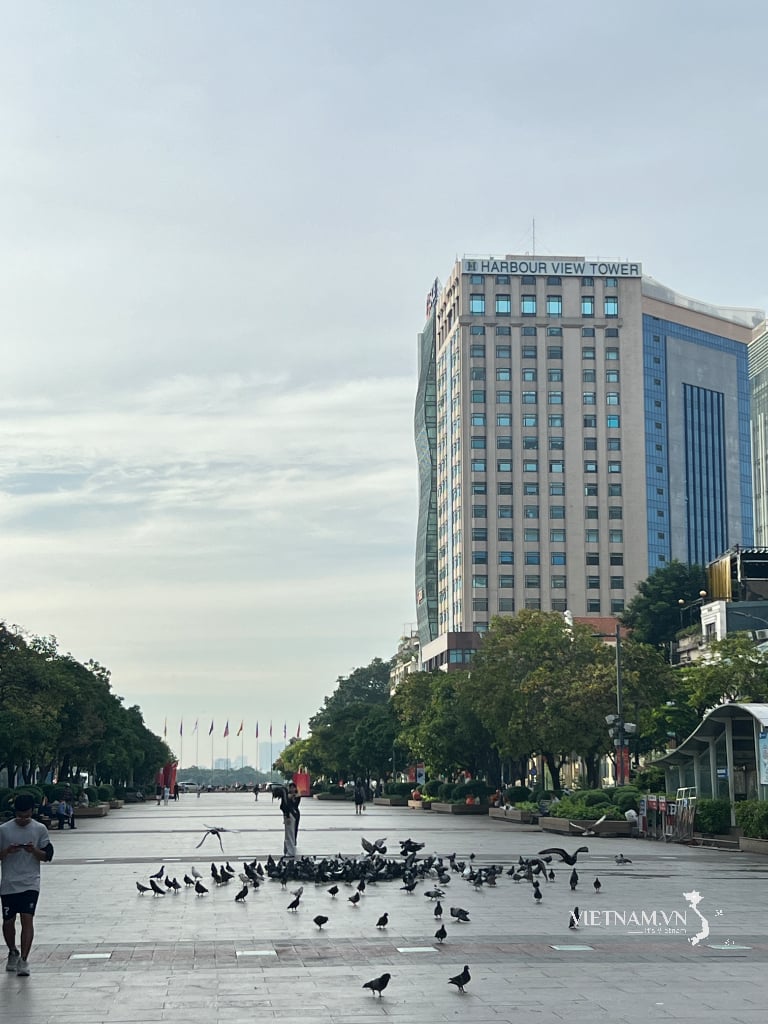

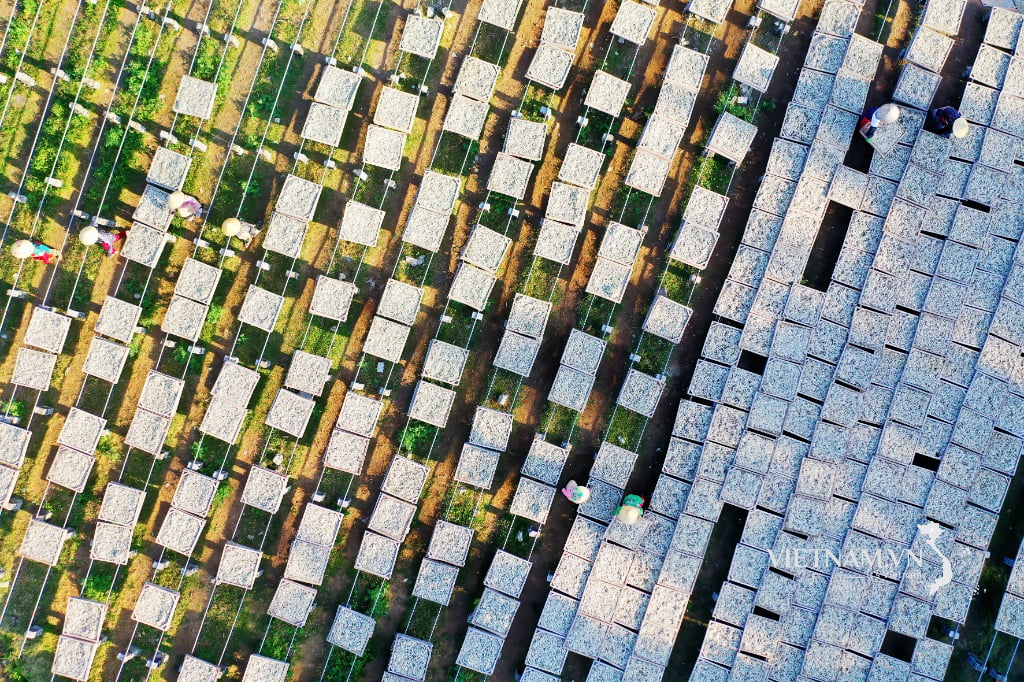
Comment (0)